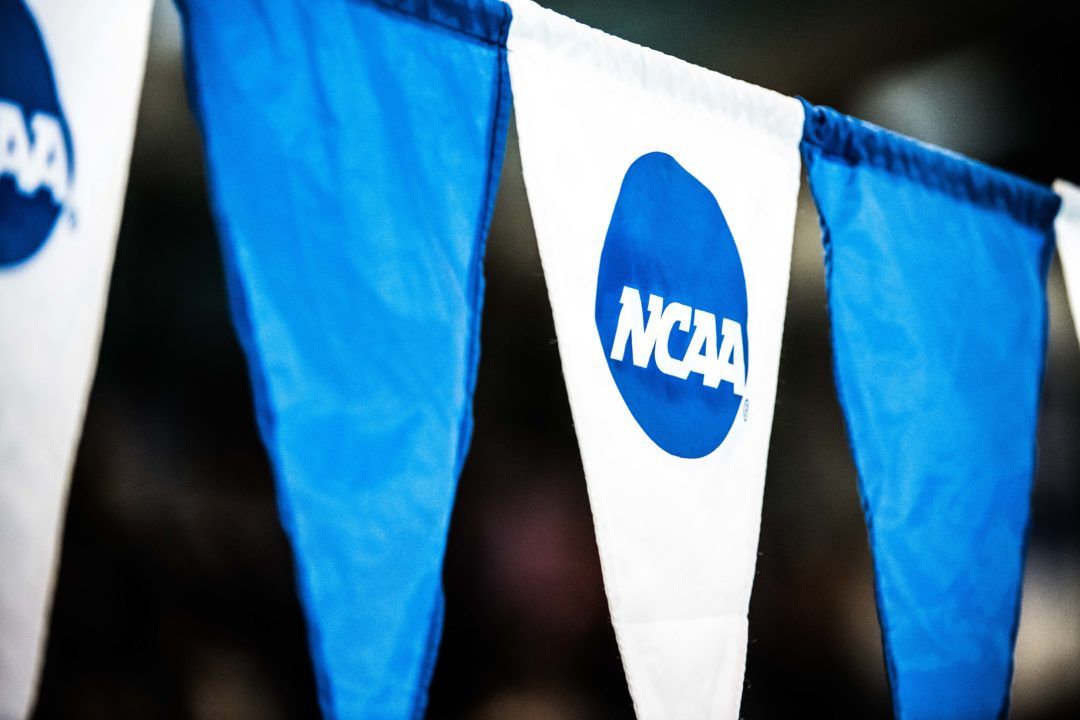Hearings in the National Labor Relations Board (NLRB) trial involving USC, the PAC-12, and the NCAA resumed Tuesday in Los Angeles and will go through Thursday. The case will ultimately determine whether the USC football and men’s and women’s basketball players should be labeled as employees rather than student-athletes.
The proceedings come on the heels of a NLRB matter involving Datmouth’s men’s basketball players voting 13-2 in favor of joining the Services Employment International (SEIU) Local 560 on March 5. The players were able to vote after a NLRB regional director ruled that the athletes were employees of Dartmouth. “Because Dartmouth has the right to control the work performed by the Dartmouth men’s basketball team, and the players perform that work in exchange for compensation, I find that the petitioned-for basketball players are employees within the meaning of the [National Labor Relations] Act, wrote NLRB regional director Laura Sacks, according to ESPN.
The decision involving Dartmouth is currently on review, and could end up in front of the Supreme Court.
While the Dartmouth case is impactful for college athletics, a decision in favor of the athletes at USC has the ability to drastically alter the landscape of college athletes.
For background, the National Labor Relations Act only applies to private institutions. Therefore, the Dartmouth decision is limited to Dartmouth and private universities. In the USC case, the PAC-12 and NCAA are charged with being joint-employers of the athletes, which is not at issue in the Dartmouth matter. The outcome of whether the Pact-12 and NCAA are joint employers could have a far-reaching impact of allowing athletes at public universities to be employees of their conference or the NCAA.
The NLRB lawyers in the USC case are litigating the case under a joint employers standard instituted during the Trump-era. The all-Republican board instituted a rule that, in order to find joint employer liability, a company must exercise “substantial direct and immediate” control over the most essential tasks of a worker’s job.
The NLRB’s amended complaint from September alleges that USC, the PAC-12, and NCAA had control over the athlete’s working conditions and “administered a common labor policy” with the university about those conditions.
If it is decided that the PAC-12 and NCAA are joint employers, the possibility of athletes across the country engaging in collective bargaining and unionization would move closer to reality.
Once testifying is completed on Thursday, it is expected that a judge’s decision will take at least a few months.
